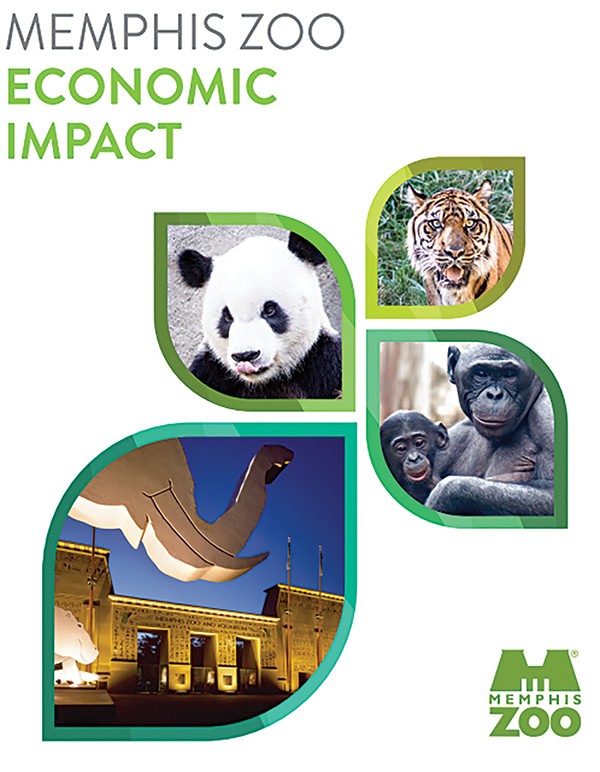Questions remain about a conspiracy (or a conspiracy theory at least) that has bubbled in the background of the Overton Park Greensward controversy for weeks.
Memphis Zoo officials claim they released the full report of their economic impact study to the media back in 2015, but some Greensward supporters claim the zoo only put out a news release at the time, not the full study.
That is important, some Greensward supporters say, because the zoo has used the big numbers — $83.8 million in annual revenue and 879 jobs — to get special treatment from city leaders to use Overton Park for parking. Then, as the Greensward controversy boiled, some supporters say the zoo hid the full report fearing questions that its methodology would prove a lesser economic impact.

But zoo officials say that’s wrong. Zoo spokesman Laura Doty and Kelli Brignac, a zoo-hired public relations specialist from Obsidian Public Relations, said the news release was given to media on May 6th, 2015, and a hard copy of the full report was released the next day.
However, news reports of the study in 2015 didn’t carry information from the study itself, only facts and quotes from the news release. This led many Greensward supporters to question why the full study wasn’t cited, including the assumptions of the study used to prove such high figures.
Those supporters then asked for the full report from the zoo and the University of Memphis, which conducted the study. But those requests were denied.
The zoo’s study was commissioned after a six-month period in the spring and summer of 2014, in which zoo officials said attendance slumped 17 percent as the Greensward was off-limits to parking. Then-Memphis Mayor A C Wharton had banned parking on the Greensward at the time and said parking was “not the highest and best use” of the space.
Attorney Robert Spence denied Greensward supporter Scott Springer access to the report in an April letter, stating that the zoo is a private entity and is not subject to the Tennessee Public Records Act.
Then, on May 13th, 2016 — nearly a year after the study was allegedly given to members of the Memphis media — the zoo released the full study on its website. The release was due to “overwhelming public support and interest” in the zoo and the study, according to a news release at the time. That news release said the zoo “releases” the economic impact study, not “re-releases” it.
“It is standard practice to release high-level findings of a study in an executive summary or news release,” said a statement from the zoo’s public relations team last week. “The zoo did make the study available, but at the time, few outlets reported it. [The zoo] re-released it after fielding requests for it again this year.”
But that explanation nor the information in the study itself is good enough for a group called Physicians for Urban Parks, a group of dozens of Memphis-area doctors advocating for green space.
“It has now become clear that the information [the Memphis City Council was] provided is not valid or defensible,” Dr. Emily Taylor Graves said. “The city council and the citizens of Memphis have been misled. Now that this has come to light, it is time for the city leaders and citizens of Memphis to re-examine their positions on the Overton Park issue.”
In a May 20th editorial, the Memphis Flyer stated that the zoo “finally” released the full version of the study this year. Zoo officials called for (and were granted) a correction to the editorial to say the study was actually made public last year.